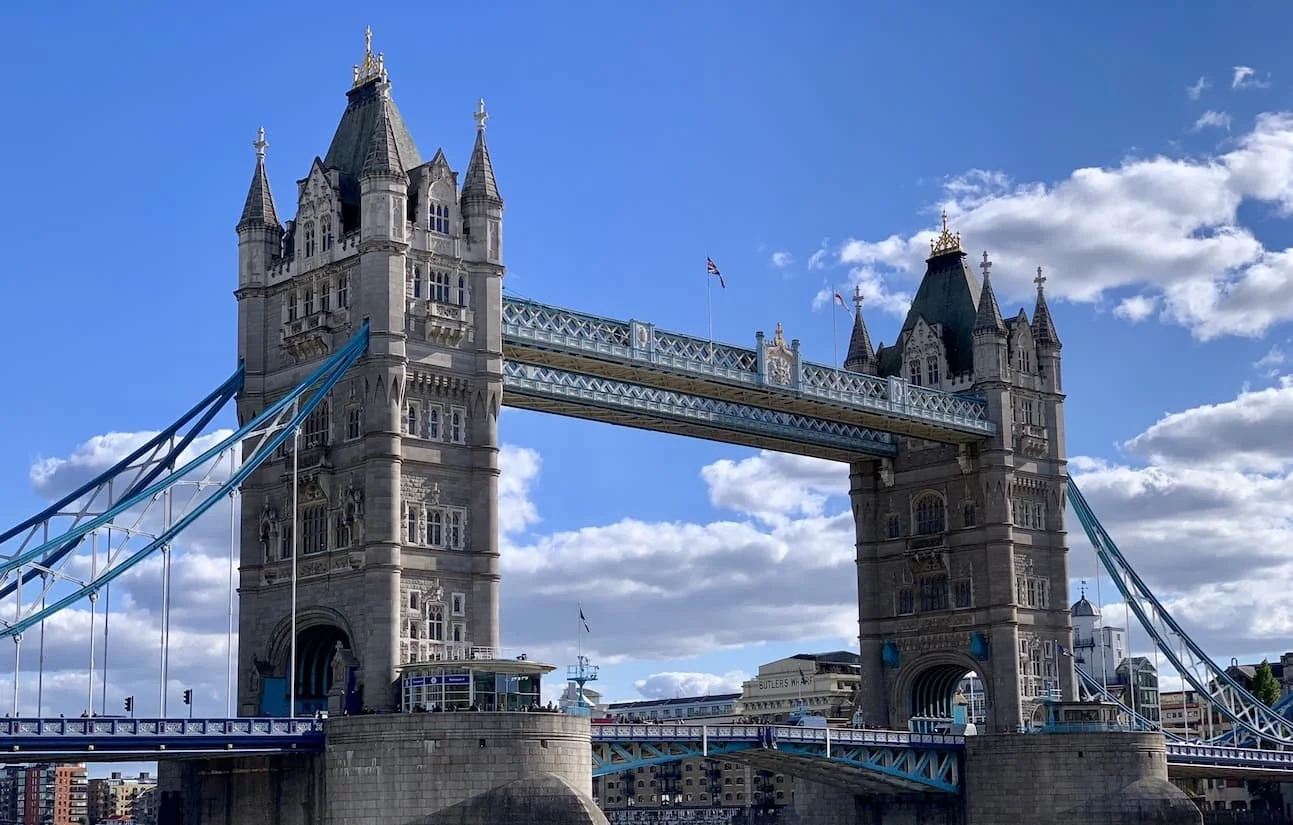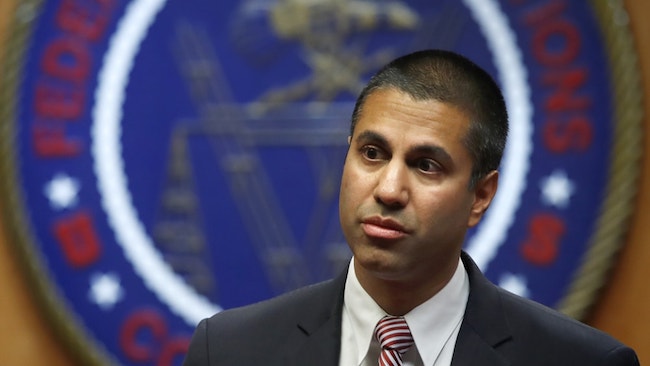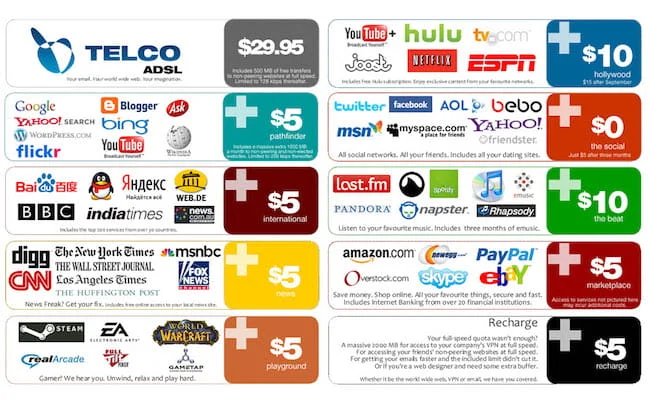Following the FCC Neutrality Repeal, What Can We Expect Next?
/With a 3-2 partisan vote, the FCC voted yesterday to repeal Title II protections, previously instituted during the Obama Administration. After a hard-fought battle headlined by fervent pro-Net Neutrality advocacy and protests, the internet is no longer being regulated as a public utility. It also marks the end of an online era defined by open and equal access to content.
FCC Chairman Ajit Pai. Photo: Slate.com.
FCC Chairman Ajit Pai (formerly of Verizon Communications) and Commissioners Brendan Carr and Michael O'Reilly voted to erase these consumer protections. Democratic Commissioners Jessica Rosenworcel and Mignon Clyburn opposed the measure, offering strong criticisms of the decision.
As detailed by many advocates and defenders of neutrality, including large corporations, organizations, and content giants (such as Reddit.com), this decision marks a turning point in consumer protectionism. The FCC heads who voted to scrap neutrality claim it allows for greater competition. That argument may hold some water, if ISP options were diverse across the country - especially at the local level. As the situation stands now, critics of the repeal point to ever-growing monopolies in various service areas. Giants such as Comcast and AT&T maintain control over these customer demographics, effectively forcing households into suboptimal service agreements.
I have heard the following argument most prominently on social media: "The internet was fine for 24 years without net neutrality." In the 24 years leading up to today, ISPs did not possess the infrastructure necessary to handle content throttling. In a time where users could use VPNs to circumvent ISP handling - if that was even necessary to begin with - things were much easier.
For those less technically inclined, web information is sent using "packets," or groupings of data and information sent back and forth from your computer to servers. Say you type in "www.google.com" and hit Enter. A request to navigate to Google is sent from your device to a server running Google's website, which then sends back the webpage to be downloaded and presented. For file downloads and other forms of internet traffic, this packet handling is similar.
In the past, requests could be filtered as a single grouping to your service provider; this could be circumvented. Under new policies, these bits and pieces of information could be forced to servers maintained by Comcast, AT&T, and others.
What we could see from providers moving forward. Photo: The Verge.
Should these providers actively slow down access to online content (or enforcing paywalls that requirement payment or certain plans to bypass), this means consumers are stuck dealing with poor performance. Technology has matured over time. ISPs have been continually evolving, as have the intricacies of their systems. Although much of what will happen is still speculation, the fact that provider hardware and software have matured means out an uncertain future.
Additionally, the internet was not a staple of our everyday lives until somewhat recently. As the world was introduced to smartphones, with the boom of mobile internet beginning around the mid-2000s, browsing habits have changed dramatically. Worldwide, mobile browsing today accounts for roughly 51% of all internet traffic. You may be thinking to yourself, "This was a domestic policy decision made within the United States, why does the international picture matter?" The world wide web serves and connects people from all corners of the globe, personally, professionally, and in every manner in between. Additionally, major policy decisions in the United States tend to influence legislative proceedings in other nations. As much as we do not want that domino to fall, we have to be prepared for the possibility.
However, the FCC's ruling is not the final determination on how things will proceed moving forward. There are two main courses of action that can save net neutrality, one of which is already being taken. Senator Ed Markey (D-MA) is putting together an appeal under the Congressional Review Act, aiming to obstruct and overturn the FCC's vote. Currently supported by 16 of his colleagues, the measure requires a simple majority backing in both the House and Senate to enact. However, it must be noted that this process could take several months.
Opposing parties can also pursue legal action via the court system. Various internet advocacy groups are investigating legal options, as are individual states. According to CNET, California, Washington, and New York are taking legal and political steps to uphold net neutrality regulations. There are many developments to track in the near future; be sure to keep your eyes peeled nationwide as legislators react to these changes.


